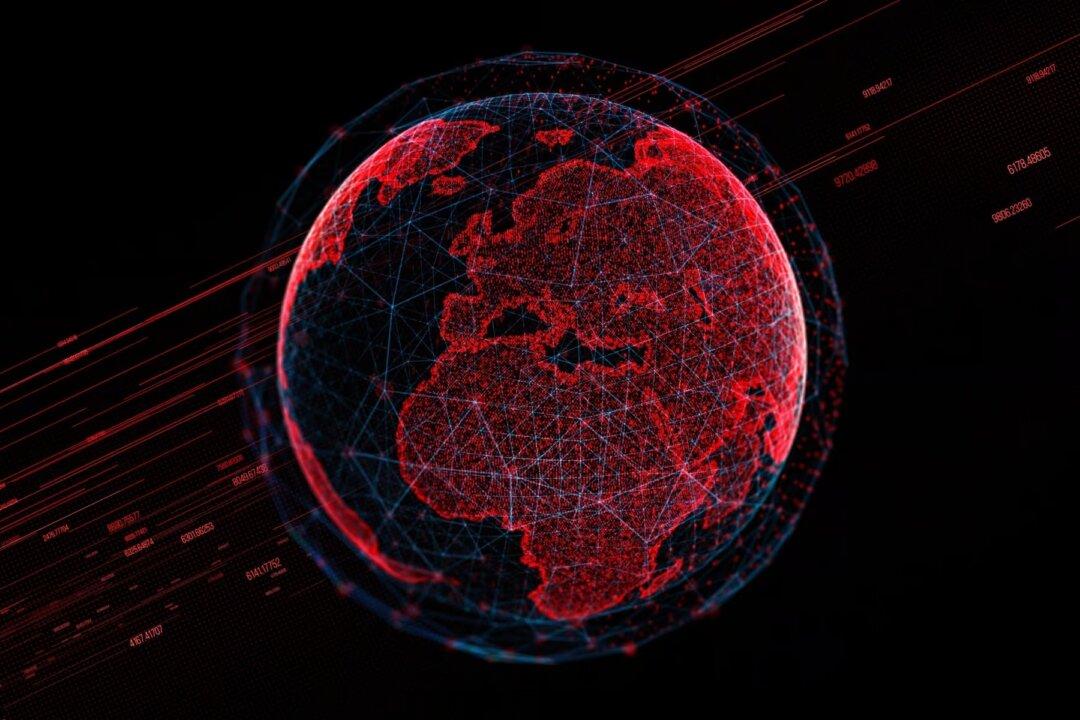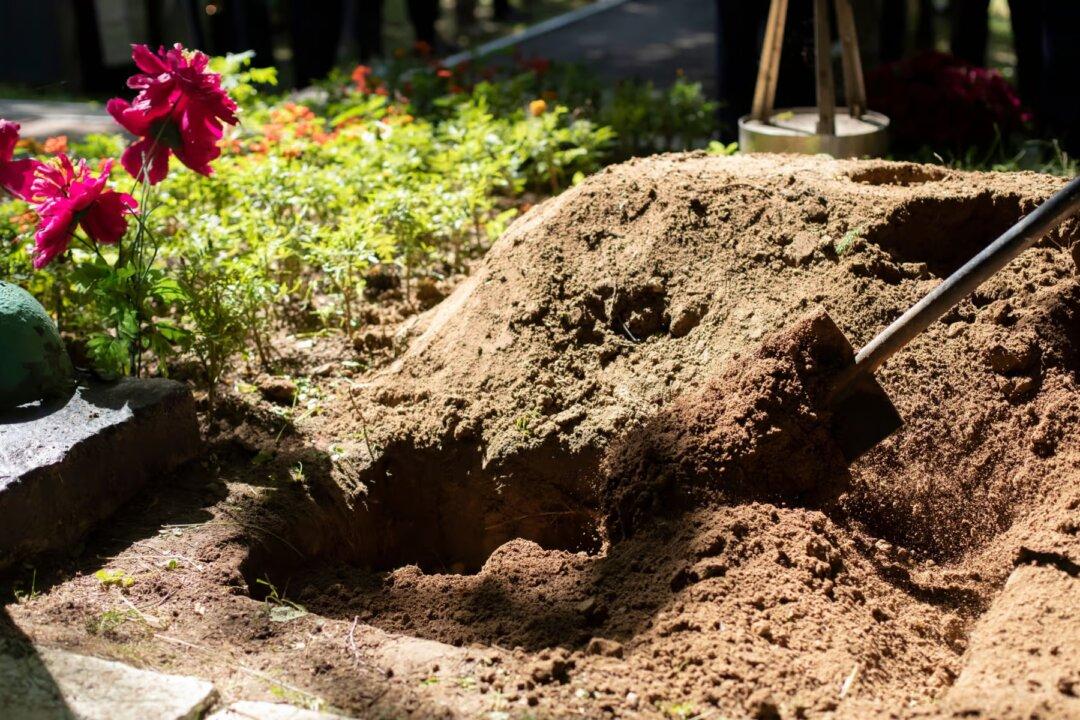Commentary
Bill Clinton Begins the Phony Era of Pandemics and Bioterrorism
In November 1997 U.S. Secretary of Defense William Cohen held up a 5 lb bag of Domino sugar in front of an army of cameras and told the world that if the bag contained anthrax it could wipe out NYC or Washington, D.C.That was not true, but it provided a fitting justification for the start of the DOD’s “biodefense” vaccine program, beginning with mandatory anthrax vaccinations for soldiers in March 1998.




